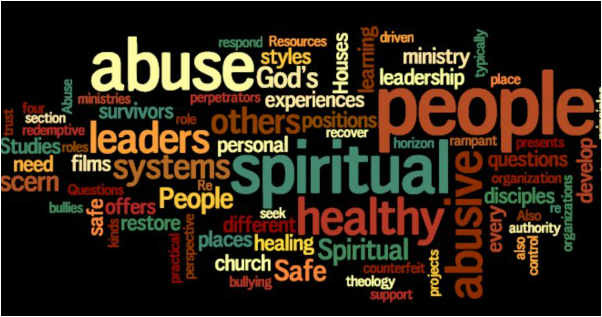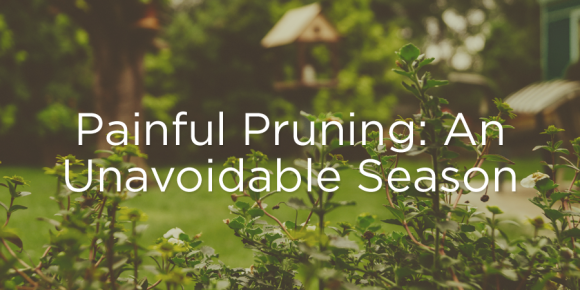|
By Ed Welch
A seventy-five-year-old man wanted to talk about his past, especially his childhood and early teen years, because his past felt so present. Like many of us, he wanted to be less controlled by his past and jettison its haunting episodes. Scripture does help us with our painful pasts, but it does more than that. It tells us to forget things we want to remember, and remember things we are likely to forget. Click here to continue reading... by Jen Pollock MichelThe bailing trend is an understandable byproduct of a busy culture. But is it Christian?
My friend lives in Toronto’s hipster west end, I on the eastern edge of buttoned-up midtown. To see each other, especially when both of us are swamped with work and family commitments, we flex the muscle of careful planning and muster herculean effort. However, several weeks ago, we planned to meet rather spontaneously for coffee on a Monday. She would be in my neck of the woods. For a fleeting moment, our friendship had the gratuitous gleam of convenience. Then she moved our meeting spot 15 minutes further from my house. The gleam faded, and I bailed. "Today has run away from me," I texted the day before, "and I don't think I have time tomorrow for coffee. I'm sorry, because I'd love to see you. To continue reading this article click here. by David MurrayHow to ensure 'personal sustainability.'
In recent years, a number of Christian leaders have rightly called lethargic and half-hearted Christians to quicken their pace, to dedicate more of their time, talents, money and efforts to serving the Lord in the local church and in evangelistic outreach at home and abroad. I welcome this “radical,” “don’t waste your life” message to up the pace, and I rejoice in its positive impact on thousands of Christians. Some of us, though, need to hear a different message: “Slow your pace or you’ll never finish the race.” As Brady Boyd warns in Addicted to Busy, “Ultimately, every problem I see in every person I know is a problem of moving too fast for too long in too many aspects of life.” I’m not proposing that we put our feet up and opt out of life and Christian service. No, I’m talking about being sensitive to changes in ourselves and our circumstances and re-calibrating our pace to ensure personal sustainability. To continue reading this article click here. Joni Eareckson Tada has given us many books on the subject of God’s tender care for His children in times of suffering. Joni strikes the chord of authenticity with us so well because suffering is the world she lives in 24/7, literally. My personal favorite is When God Weeps: Why Our Sufferings Matter to the Almighty, co-authored with Steve Estes, a pastor in Pennsylvania. The following list of God’s purposes in our suffering is from one of the appendices in that book.
Take some time to meditate on the wisdom of God as He works out His perfect will through our suffering. No wonder James, the brother of our Lord, commanded us to “Consider it all joy, my brethren, when you encounter various trials” (James 1:2)! To continue reading this article, please click here. Wounds inflicted by Christian leaders are sometimes the hardest felt and the slowest to heal. What exactly is "spiritual abuse"?
"Spiritual abuse is a sinful use of spiritual authority by Christian leaders to promote, protect, or enrich a person or a Christian institution regardless of the spiritual damage done to innocent parties and the cause of Christ." For a succinct exposition of spiritual abuse, read the full article. Kelly Needham: Each season of dying has felt just like that—dying. The choking out of something I have loved, desired, and clung to for hope, peace, and safety. The choking out of things in me, writhing, gasping for breath and praying, “Does it have to be this way? Can’t I follow You and also keep this with me? Does it really need to die?”
To keep reading, click here. Dan Allender recently released “Healing the Wounded Heart: The Heartache of Sexual Abuse and the Hope of Transformation”, the long-awaited sequel to “The Wounded Heart”, published more than 25 years ago. Part of what makes Allender’s work so successful is his seamless weaving of science with biblical principles. It’s not an either-or situation for Allender—science, biblical truths, and experience can all testify to the same end. In a culture inundated with accounts of sexual abuse, Allender’s advice for survivors is refreshing and surprisingly practical.
To continue reading this article, please click here. |
Think.
These articles have been posted to challenge, inform, encourage, Categories
All
Archives
September 2022
|
Proudly powered by Weebly





